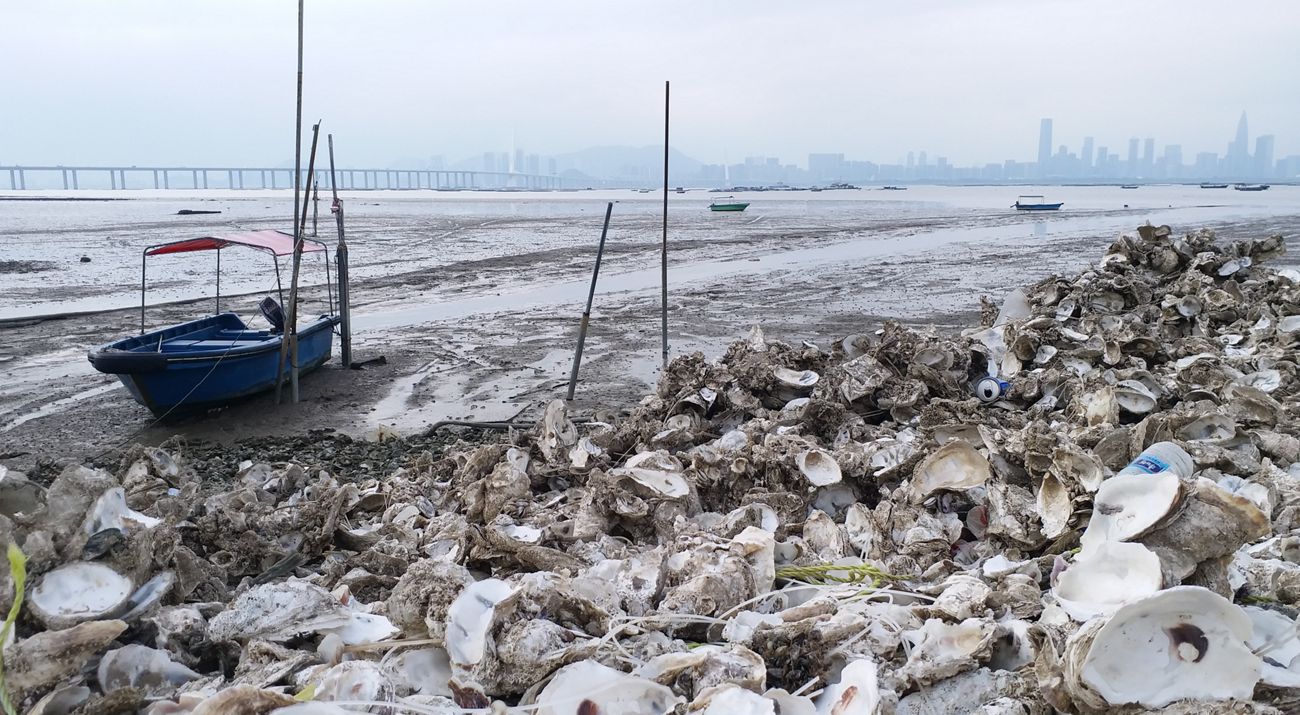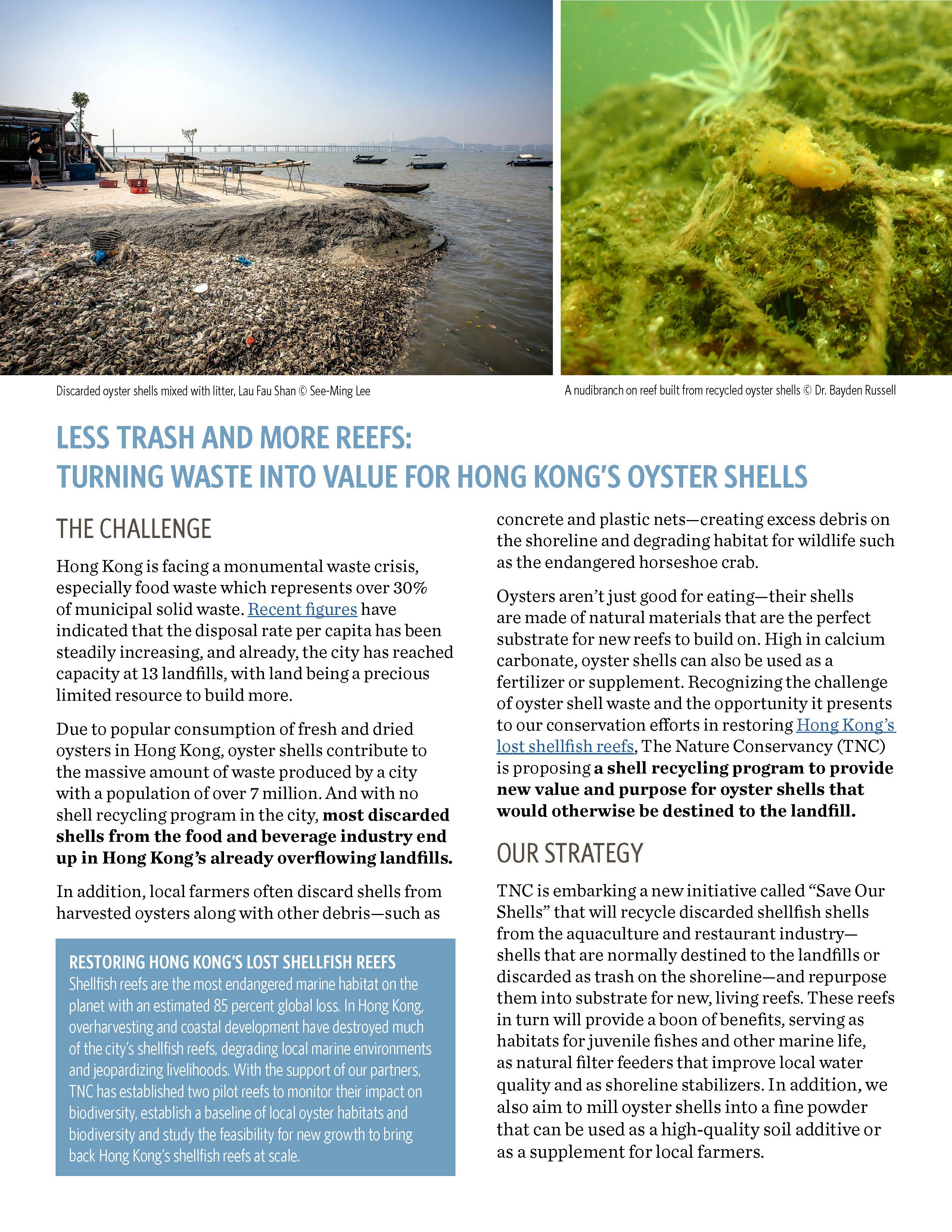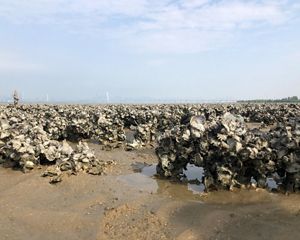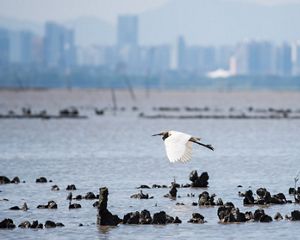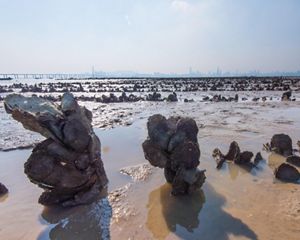Recycling oyster shells from restaurants to benefit nature
Get to understand TNC “Save Our Shells” Initiative
The Nature Conservancy (TNC) in Hong Kong is embarking on a new initiative called “Save Our Shells” that will recycle and reuse discarded shellfish shells, like oysters and mussels, from the aquaculture and restaurant industry. We collaborate with local restaurants, bars or stations to collect oyster shells, which normally go into landfills or are discarded as trash on the shoreline. Yet, we repurpose those oyster or shellfish shells into substrates for new, living reefs. Check out how these oyster reefs benefit other marine life, water quality and shoreline stability below!
Leaning on expertise gained from TNC’s successful oyster shell recycling and reef restoration projects around the world, we will provide a solution for the food and beverage industry as well as aquaculture farmers to recycle discarded shells, thereby lowering the negative impact on the environment and diverting food waste from the landfill. And because there will be a way to properly store and sort oyster shells that are usually mixed with non-natural debris, we will be reducing the negative impact discarded shells have on Hong Kong’s natural coastlines, creating a cleaner environment for native species such as seagrasses, horseshoe crabs and shorebirds.
In addition, oyster shells are high in calcium carbonate and can be used as a high-quality soil additive or as a fertilizer supplement for local farmers. We aim to mill oyster shells for this purpose.
RECYCLE THE REEFS
Here’s how our Save Our Shells program works:
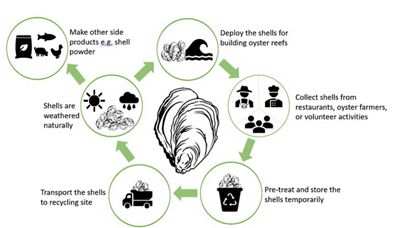
This technique has been used successfully by TNC in the United States and around the world for more than 15 years.
Restoring Hong Kong’s Lost Shellfish Reefs
Shellfish reefs are the most endangered marine habitat on the planet with an estimated 85 percent global loss. In Hong Kong, overharvesting and coastal development have destroyed much of the city’s shellfish reefs, degrading local marine environments and jeopardizing livelihoods. With the support of our partners, TNC has established two pilot reefs to monitor their impact on biodiversity, establish a baseline of local oyster habitats and biodiversity and study the feasibility for new growth to bring back Hong Kong’s shellfish reefs at scale.
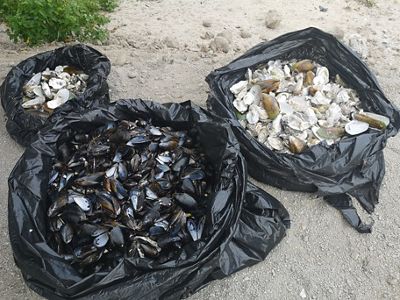
Our Partners
Recycling oyster shells into thriving reefs will only succeed with community partners. Currently, TNC is supported by donors JP Morgan, Marine Ecology & Fisheries Enhancement Funds and SUEZ.
Participating restaurants are city'super, Conrad Hong Kong, Cordis, Hong Kong, East Hotel Hong Kong, Grand Hyatt Hong Kong, JW Marriot Hotel Hong Kong, Mandarin Oriental, Hong Kong, Sheraton Hong Kong Hotel & Tower, Swire Hotels, The Upper House, The Peninsula Hong Kong, and The Verandah at The Repulse Bay.
TNC also appreciates the support from oyster farming communities, Ha Pak Nai communities, Hong Kong Design Institute and Food For Good.
If you’d like to help Save Our Shells and repurpose these shells to reduce waste and bring benefits to our local marine environment and communities, contact us at natureworkshk@tnc.org.
“SUEZ strives to protect the oceans worldwide and we spare no effort to facilitate the collection and recycling of waste in Hong Kong. As a proud supporter of TNC’s ‘Save Our Shells’ initiative, the success of which has led to the conservation of coastal biodiversity for our partnership in Australia, we believe it can help divert waste from Hong Kong’s landfills and help preserve the ecosystem in Ha Pak Nai. We hope the program will also raise public awareness on the importance of waste recycling at source in the long run,” said Joey Choi, Chief Sustainability and Communications Officer, SUEZ Asia.
Shell Recycling
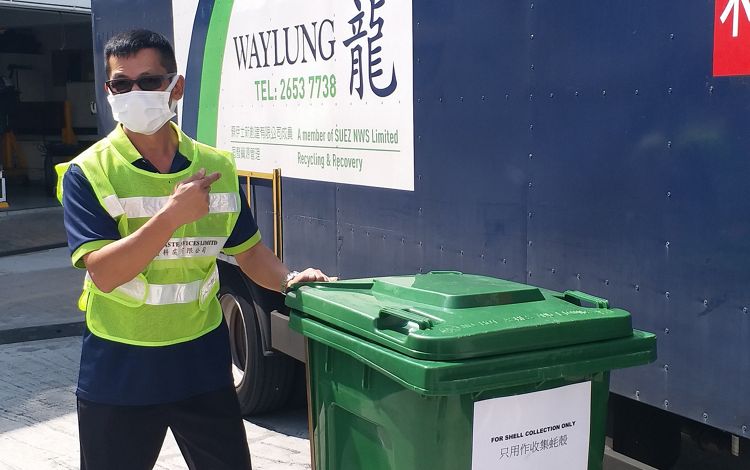
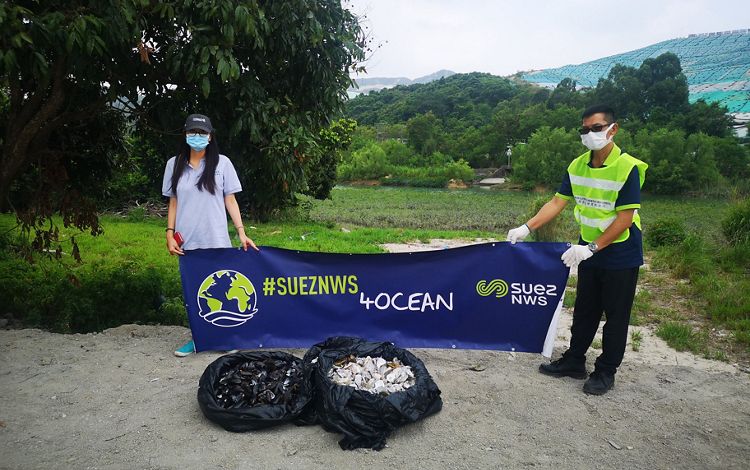
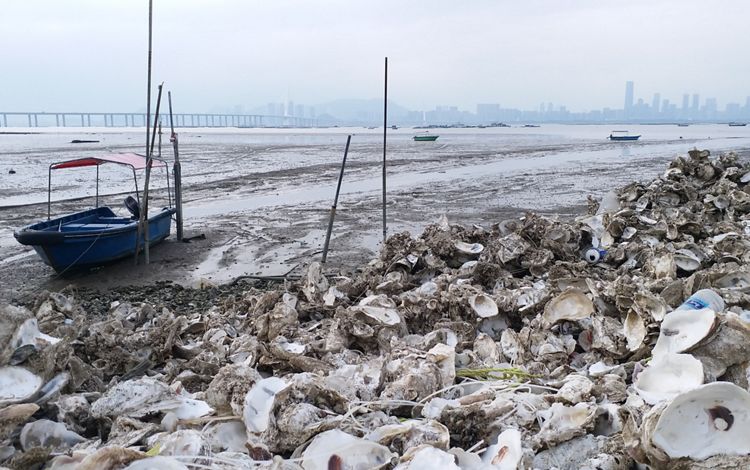
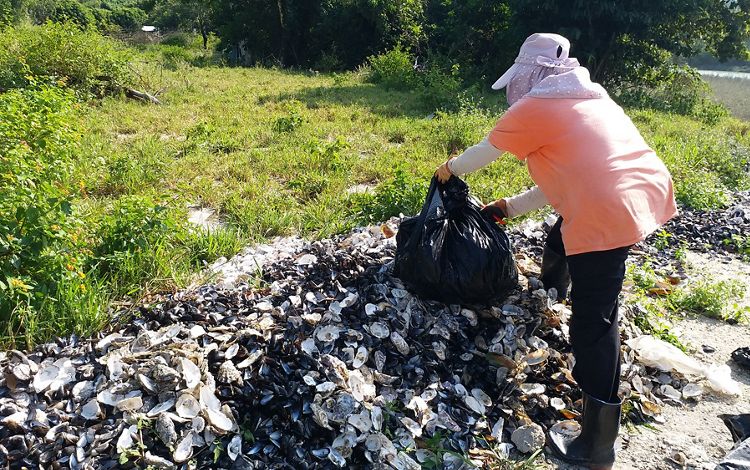
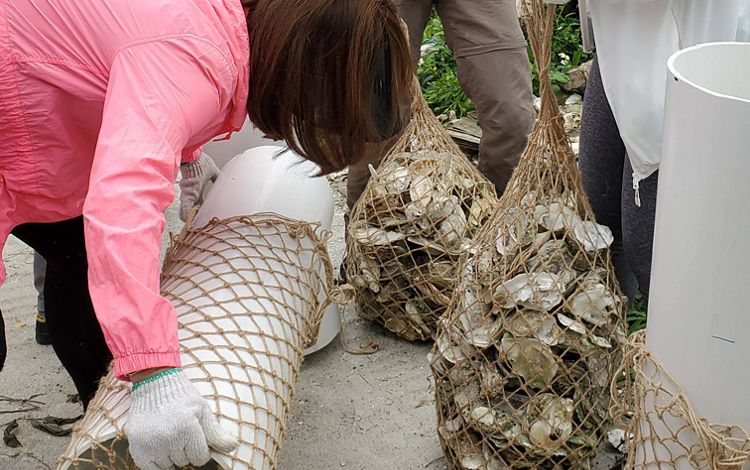


Recycle the Reefs Factsheet
Bring some fresh air and sunshine into your inbox!
You will receive important news about nature and wildlife, invitations to special events, lots of inspiration and much more!
